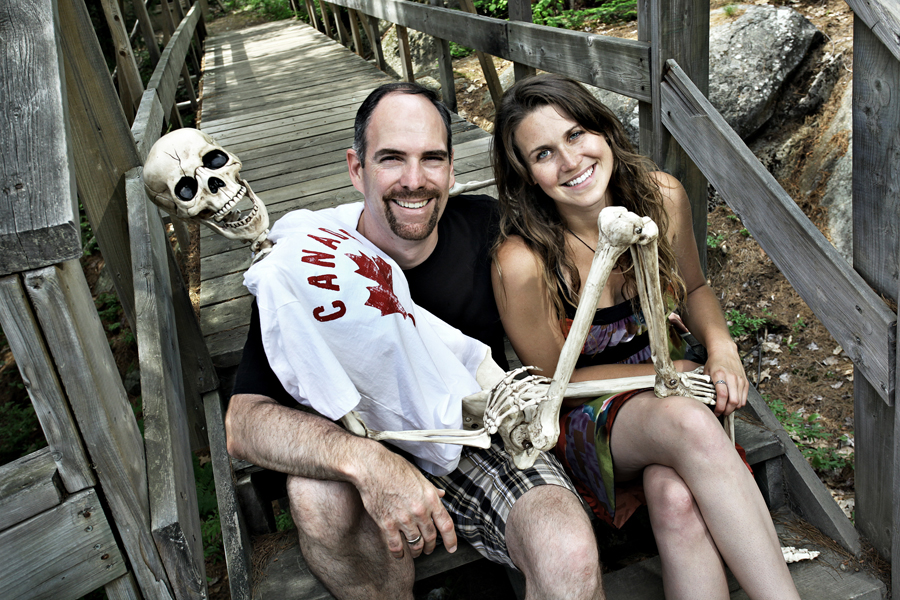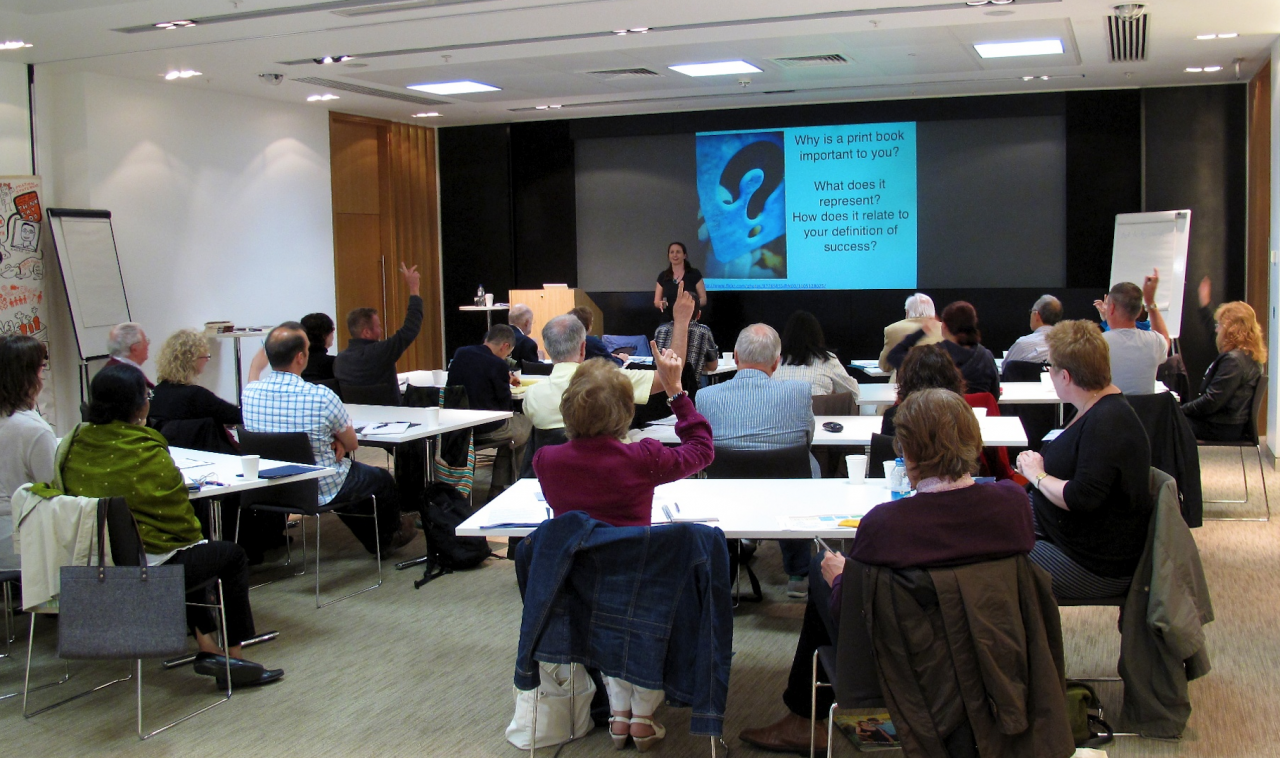In an unapologetically wistful article for the Baltimore Sun, Garrison Keillor envisioned a future where books spring up like wildflowers, unattended by the meticulous gardening skills of editors, and the democratization of publishing will lead to a vast wasteland of uninspired, pedestrian ebooks to be read only by friends and family. As much as I enjoy Garrison Keillor’s humor and even a lot of his nostalgia for what we’ve lost in recent years as technology marches forward with the seeming invincibility of a New York Yankees’ pennant drive, he’s wrong.
For every book review missing from the New York Times there will be dozens, maybe hundreds, maybe even thousands of reviews posted in blogs devoted to ebooks, tweets shared among readers, Facebook pages where opinions are offered and discussed away from the learned critics, in diggs mentions, by means of customer ratings in ebook stores, and on and on. The mechanisms for books gaining attention and popularity will be different, but a crowdsourced approach to evaluating books, while unruly and unpredictable (much as genuine democracy is), promises to deliver a heady mix of new book titles to satisfy everyone—from those who enjoy great literature (who are generally ignored these days by major publishers) to lovers of escapist, entertainment-oriented stories.
Without trying too hard, you can come up with lengthy lists of worthwhile books that almost never got published because, in truth, most publishers have poorly developed skills for recognizing quality works that don’t fit within their incredibly restrictive formulas. With ebooks, the formulas vanish; if you can get your book out there and find readers, you’re a writer. If it’s about a vampire who travels back in time to help defend the Alamo while having a relationship with an asexual alien, you might be surprised to discover many readers gravitate to your original storyline. And, with electronic publishing, it’s getting easier to publish and build a readership every day.
Among those worthwhile books that got passed by or nearly passed by are some you’ll recognize and others you may not. Harry Potter and the Philosopher’s Stone was rejected by 12 publishers; I’m suspect they are all still kicking themselves daily for passing up a multi-billion dollar franchise. James Lee Burke shopped his fifth book, The Lost Get-Back Boogie, to an incredible 111 publishers before it was finally published—to critical acclaim—in 1986.
Lumped in with “holocaust” novels, Jeannette Katzir’s Broken Birds was rejected by forty agents before finally being published. The Tale of Peter Rabbit was rejected so many times that Beatrix Potter finally self published it. Are you seeing a pattern here? Here is a list of 50 Iconic Writers Who Were Repeatedly Rejected.
Despite Mr. Keillor’s jaundiced view, ebooks are very likely to provide an important publishing venue for both new and experienced writers.






